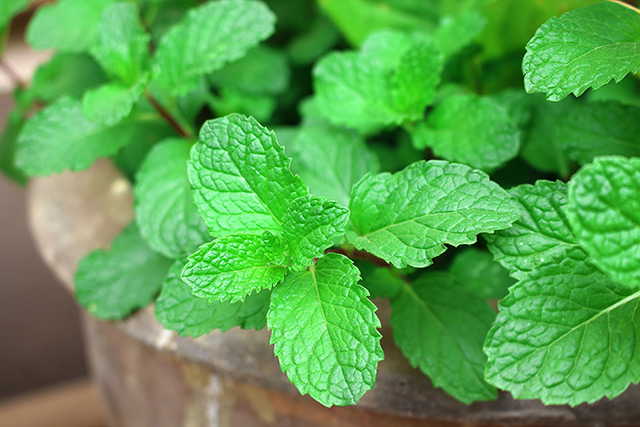The potential antidiabetic benefits of moringa
11/11/2018 / By RJ Jhonson

Researchers from different parts of the world are setting their sights on moringa (Moringa oleifera), a plant native to India and widely cultivated in different parts of Asia, and its potential health benefits, with many being focused on its antidiabetic effects.
To describe diabetes as widespread is a gross understatement. The World Health Organization (WHO) estimates that there are around 422 million people suffering from this disease worldwide as of 2014 – and the figures have been rising exponentially over the past years. It is the leading cause of blindness, limb amputation, kidney failure, and cardiovascular diseases worldwide, killing more people than AIDS and breast cancer combined.
As it happens, Type 2 diabetes – the form of the disease that occurs in 90 to 95 percent of cases in the U.S. – is largely manageable through proper diet and regular exercise. In instances when these two prove insufficient to control the disease, medication may be of assistance, but at the terrible cost of side effects. For this reason, much of the research on diabetes is focused on ways to control it using natural and safe means.
Moringa is a popular vegetable in Asia. It has been gaining a lot of attention as the newest superfood because of its impressive nutritional profile and diverse health benefits. Several studies have even confirmed its effectiveness as a natural aid for managing diabetes.
A Cambodian study, published in the Journal of Medicinal Food, administered moringa leaf extracts to obese mice for five weeks. The researchers concluded that not only did the treatment lower the animals’ fasting glucose levels compared to the control group, but it also increased their insulin levels. The moringa extracts even caused reductions in triglyceride levels and damage to the animals’ kidney tissues.
Another study, this one published in the Asian Pacific Journal of Tropical Medicine, found that the aqueous extracts of young moringa leaves have antioxidant properties potent enough to protect diabetic patients from oxidative damage. Diabetic patients are considered to be at greater risk of tissue damage from oxidative stress.
Other health benefits of moringa
The positive effects of moringa on human health are not limited to just blood sugar control. Here are some other benefits one can gain from making moringa a regular part of their diet:
- Protection from inflammation – Under normal circumstances, inflammation isn’t bad at all. It is part of the immune response and is an indication of the body’s ability to fight disease and repair damaged tissues. However, prolonged inflammation can be dangerous and be a risk factor for conditions like cardiovascular disease and depression. Moringa leaves, pods, and seeds contain isothianocyanates, which test tube and animal studies have revealed to have potent anti-inflammatory properties.
- Cholesterol reduction – The buildup of bad cholesterol in the body is linked to a greater risk of cardiovascular disease. Needless to say, consuming foods that are low in harmful cholesterol while increasing the intake of those that contain good fats is the best way to ensure cardiovascular health. Eating foods that help lower cholesterol levels also help. Moringa has been shown in various studies to have the same cholesterol-reducing effect as oats, flaxseeds, and almonds.
- Protection from arsenic – Arsenic is one of the chemicals that are most toxic to humans. Unfortunately, certain types of rice – a staple food in many parts of the world – have been shown in studies to have particularly high levels of arsenic. Long-term exposure to this poison is linked to an increased risk of certain diseases, including heart conditions and cancer. Some studies found that the leaves and seeds of moringa may offer protection from the toxic effects of arsenic.
Discover the many benefits of eating moringa and other leafy greens at Veggie.news.
Sources include:
Tagged Under: alternative medicine, diabetes, food as medicine, food cures, functional food, herbal medicine, Herbs, hyperglycemia, kidney dysfunction, kidney failure, medicinal food, Moringa oleifera, natural cures, natural medicine, renal damage




















